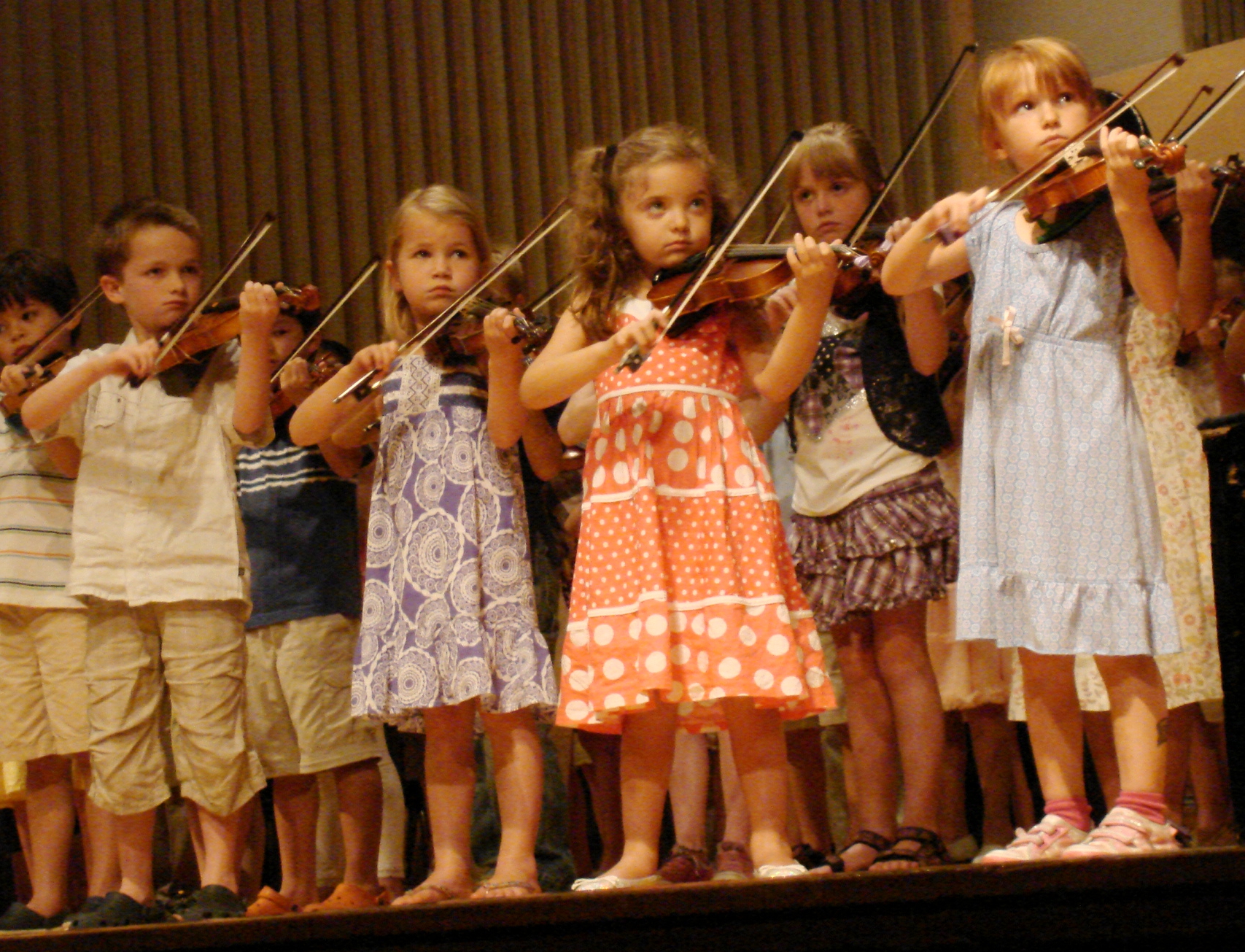Is Somebody helping?
In my very first year at senior school, a teacher gave an excellent assembly in which he told the tale of those four well-known characters, Everybody, Somebody, Anybody and Nobody. It’s quite a popular story – you might have heard it before. It’s called ‘That’s not my job’:
There was an important job to be done. Everybody was certain that Somebody would do it. Anybody could have done it, but Nobody did it. Somebody got angry, because it was Everybody’s job. Everybody thought Anybody could do it, but Nobody realised that Somebody wouldn’t do it. In the end, Everybody blamed Somebody when Nobody did what Anybody could have.
It’s stayed with me, this particular story. And when, last week, the Schools Minister, Nick Gibb, proudly published an article in The Telegraph entitled ‘Expose youngsters to classical music’, it pinged to the front of my brain. Because, laudable as the ‘Classical Hundred’ initiative may be, it is the third major musical project in the last two years to have come via something other than the managing of the schools curriculum. Which, as we all know, is supposed to be about the sciences, maths, English, history/geography and a modern language.
Let me make something very clear here. I adored science, history, languages and maths at school. I studied physics, maths and a language to A-level (not English, as it turned out – I’m afraid at the time, the notion of wading through examples of the industrial novel thoroughly put me off). I am delighted that these subjects are receiving such support. But they are not the only subjects. And that’s the problem.

Suzuki students. Stilfehler, CC BY-SA
A few weeks ago, I posted about the EBacc scheme, and my concerns about the ability of schools with limited resources, and a focus on league table results to ensure funding and reputation, to cater for all the subjects outside the EBacc programme in addition to ensuring high quality teaching in so-called core subjects. These, after all, are the subjects for which the government is expecting schools to focus its resources.
It’s great that a subject such as music has generated so much press about the necessity for better facilities, better specialist teaching, and so on. It’s amazing that James Rhodes’s Don’t Stop the Music scheme has been busily collecting instruments and gathering ambassadors to help schools which would otherwise be without the means, to offer music lessons to their pupils. it’s particularly superb that the BBC’s Ten Pieces scheme has involved so many workshops, TV shows, Proms, concerts, educational resources, and so on – for primary children and now for secondary classes as well. It’s clear that the kids involved in these projects have had a brilliant time, and come across new music and new performing opportunities.
Now, the ‘Classical Hundred’, an app developed by Classic FM, the ABRSM (Associated Board of the Royal Schools of Music) and Decca. The point of the project is to help ‘every child to have access to some of the greatest music ever written’. Recordings are accompanied by teaching resources, composer information, and so on, and the app is free for schools.
I freely admit that the spin on this scheme immediately put my back up. Don’t Stop the Music is there because ‘Music education should be a right not a privilege.’ The BBC Ten Pieces scheme is designed ‘to open up the world of classical music to children and inspire them to develop their own creative responses to ten pieces of music through composition, dance or digital art.’ No one talks about it being great music, music that has stood the test of time, music we should all know and love, important music, etc. etc. in a way that threatens to undermine other music. It’s music. It’s moving. It’s complex in a different way, contextually very different from Gamelan or Gagaku or Green Day. It’s there to be engaged with and for people to respond to. That is enough. But then, Classic FM’s entire positioning in the market depends upon the liberal application of words like ‘greatest’ and ‘most relaxing’, so I suppose I shouldn’t be all that surprised.
What really rankles, though, is the relative positioning of this scheme and others like it, versus the adoption of the EBacc. A certain group of subjects were clearly, publicly, administratively endorsed by the government. Everybody was certain that these were the key subjects. When it was clear that this group did not include, for example, music, Somebody thought that something should be done. The first few schemes – Don’t Stop the Music and Ten Pieces – were set up. But hey, Anybody could have a piece of the action! So now a for-profit radio station has teamed up with various other partners to produce a new resource which at best, means that primary school teachers have to juggle with yet another online system which undoubtedly overlaps with Ten Pieces. Nobody knew that this was an excellent way of Everybody getting away with not including music in their government plans. So now the question is: will Somebody – because in the arts, there is always Somebody, a passionate supporter prepared to put it all on the line to promote what they believe is important – will Somebody be able to make the point that Everybody should be paying more attention and asserting the importance of music directly? If Anybody’s scheme, competitive or otherwise, is the best press we can get, then who can say, nationally, that music is being treated as a subject of equal importance to EBacc staples? Nobody. That’s who.

